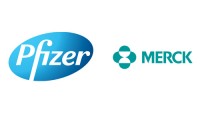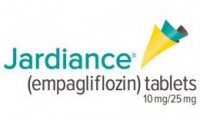-
Precision editing of gut bacteria– Potential way to treat colitis
- Source: sciencedaily
- 563
- January 5, 2018
-
Top 5 Digital Health Trends——A Look Back At 2017
- Source: forbes
- 792
- January 1, 2018
-
Health System CIOs Are Ready to Take mHealth to the Next Level
- Source: mhealthintelligence
- 672
- December 25, 2017
-
3 Amazing Advances in Pharmaceutical Drugs in 2017
- Source: Ddu
- 641
- December 25, 2017
-
U.S. FDA approves new diabetes drug from Merck and Pfizer
- Source: Reuters
- 685
- December 25, 2017
-
The Top 3 Digital Health Trends to Watch In 2018
- Source: fortune
- 614
- December 21, 2017
-
Bay Area’s Medeor Therapeutics Bags $57M
- Source: Biospace
- 618
- November 28, 2017
-
NIH accelerates the development of new cancer immunotherapy strategies for more patients
- Source: nih.gov
- 551
- October 16, 2017
-
FDA Grants Priority Review To Gilotrif For Uncommon EGFR Mutations In Advanced NSCLC
- Source: careers.biospace
- 547
- October 13, 2017
your submission has already been received.
OK
Subscribe
Please enter a valid Email address!
Submit
The most relevant industry news & insight will be sent to you every two weeks.













